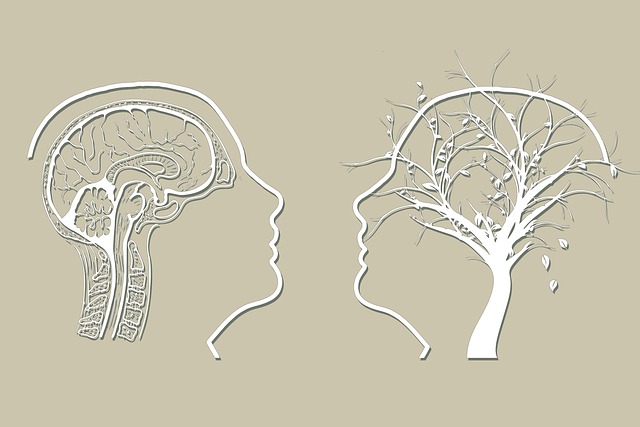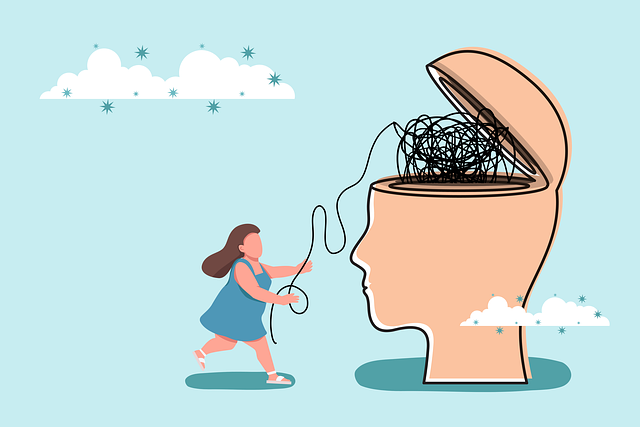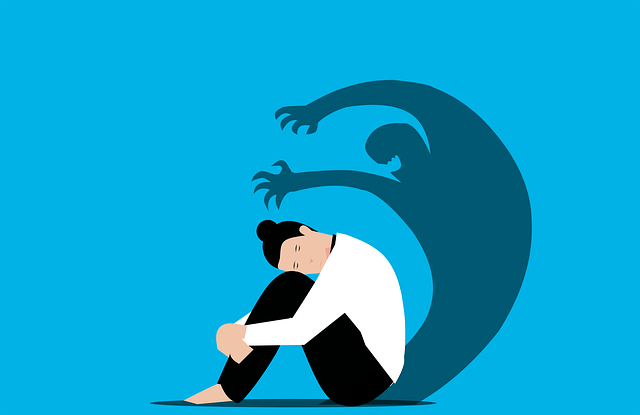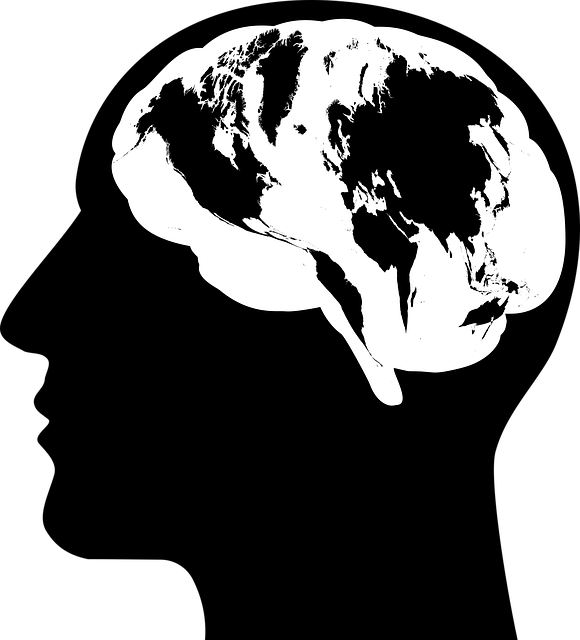Colorado Springs Geriatrics Therapy prioritizes coping skills development for elderly patients, addressing unique challenges from physical health changes to social isolation. Through individualized needs assessments and evidence-based practices like cognitive behavioral therapy, therapists create personalized strategies for mood regulation and resilience. This holistic approach integrates cultural competency, communication strategies, and mental health policy advocacy, empowering patients with self-care routines for improved mental wellness and quality of life within a supportive community setting.
In the realm of geriatric care, coping skills development is a vital component enhancing quality of life for elderly individuals. This comprehensive guide explores the significance of coping skills in geriatric settings, focusing on Colorado Springs Geriatrics Therapy’s approach. We delve into understanding these skills and their impact, assessing individual needs through thorough evaluations, and implementing effective strategies for optimal development. By measuring success through defined metrics, care providers can ensure impactful improvements in seniors’ lives.
- Understanding Coping Skills and Their Significance in Geriatric Care
- Identifying Individual Needs: Assessing Coping Abilities in Colorado Springs Geriatrics Therapy
- Strategies for Effective Coping Skills Development: A Comprehensive Approach
- Enhancing Quality of Life: Measuring Success in Coping Skills Training
Understanding Coping Skills and Their Significance in Geriatric Care

Coping skills are essential strategies that individuals use to navigate life’s challenges and maintain emotional well-being. For geriatric populations, understanding and developing effective coping mechanisms can significantly impact their overall quality of life, especially in a setting like Colorado Springs Geriatrics Therapy. As people age, they may face various stressors such as physical health changes, loss of independence, or social isolation. Effective coping skills empower older adults to manage these challenges, enhance mood regulation, and promote mental wellness.
The significance of coping skills becomes even more pronounced when considering the unique needs of geriatric care. Implementing Self-Care Routine Development for Better Mental Health and introducing Mental Wellness Coaching Programs can be transformative. These approaches teach individuals how to recognize and manage their emotions, engage in healthy behaviors, and develop resilience. By integrating such practices into therapy, Colorado Springs Geriatrics Therapy ensures that older adults gain valuable tools to cope with life’s transitions and maintain a sense of control and purpose, ultimately fostering a more fulfilling and balanced lifestyle.
Identifying Individual Needs: Assessing Coping Abilities in Colorado Springs Geriatrics Therapy

In Colorado Springs Geriatrics Therapy, identifying individual needs is a cornerstone of effective coping skills development. Therapists assess patients’ current coping abilities and unique challenges, tailoring interventions to foster self-care routine development for better mental health. This personalized approach recognizes that each individual’s path to improved well-being is distinct, whether focused on mood management or enhancing coping skills.
By evaluating the patient’s capacity to cope with stress, regulate emotions, and engage in adaptive behaviors, therapists can design strategies that address specific needs. Incorporating techniques from evidence-based practices, such as cognitive behavioral therapy, allows for a holistic approach to coping skills development. This ensures that patients gain effective tools for navigating life’s challenges, promoting improved mental health and overall quality of life in the vibrant community of Colorado Springs Geriatrics Therapy.
Strategies for Effective Coping Skills Development: A Comprehensive Approach

Coping skills development is a multifaceted process that requires a comprehensive approach, especially in diverse communities like Colorado Springs where Geriatrics Therapy plays a pivotal role. A holistic strategy involves integrating various techniques tailored to individual needs and cultural backgrounds. For instance, Healthcare Provider Cultural Competency Training equips professionals with the knowledge to offer sensitive care, ensuring every patient feels heard and understood.
Effective coping mechanisms can be fostered through Communication Strategies that encourage open dialogue between patients and their healthcare providers. This includes active listening, empathy, and clear expression of emotions. Moreover, Mental Health Policy Analysis and Advocacy are essential components, as they promote systemic changes that improve access to mental health services. By combining these elements, Colorado Springs Geriatrics Therapy can offer comprehensive support, empowering individuals to navigate life’s challenges with resilience and enhanced well-being.
Enhancing Quality of Life: Measuring Success in Coping Skills Training

In the realm of Colorado Springs Geriatrics Therapy, enhancing the quality of life for elderly individuals has become a paramount focus. Coping skills development is a game-changer in this context, offering strategies that go beyond mere symptom management. Measuring success in coping skills training involves not just quantifying progress through traditional metrics, but also acknowledging the profound impact on mental health awareness and burnout prevention. By integrating these skills, healthcare providers can create an environment where elderly patients thrive, fostering mental wellness through tailored support.
This holistic approach resonates with the broader conversation surrounding Burnout Prevention Strategies for Healthcare Providers. Through engaging in coping skills training, professionals not only improve their own mental wellness but also enhance patient care by promoting resilience and adaptive mechanisms. The Mental Wellness Podcast Series Production can serve as a dynamic tool to disseminate these innovative practices, enriching both professional development and community engagement efforts, ultimately reflecting the multifaceted benefits of successful coping skills development initiatives.
Coping skills development plays a pivotal role in enhancing the quality of life for geriatric individuals. As demonstrated by the strategies and success metrics outlined, particularly within the context of Colorado Springs Geriatrics Therapy, a comprehensive approach that tailors interventions to individual needs can significantly improve coping abilities. By integrating these techniques, caregivers and therapists not only support seniors’ mental well-being but also enable them to navigate life’s challenges with resilience and dignity.














